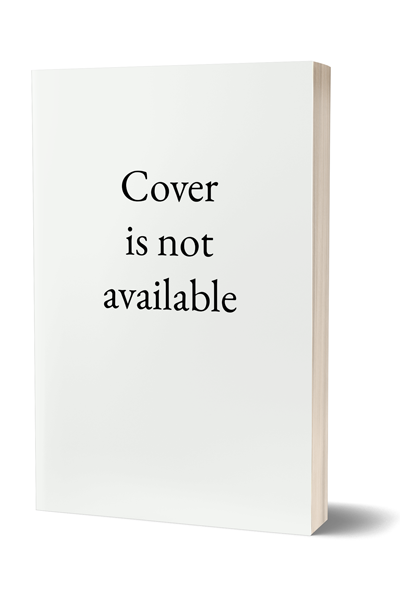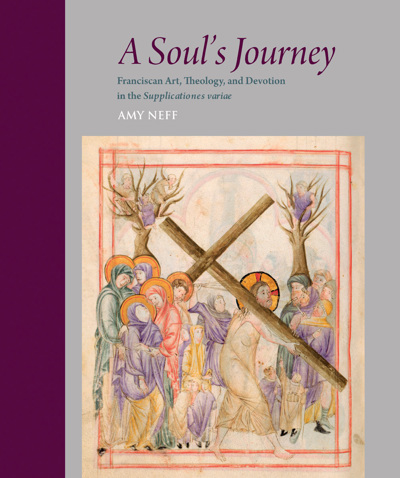
- Pages: 490 p.
- Size:175 x 260 mm
- Language(s):English
- Publication Year:1985
- € 75,00 EXCL. VAT RETAIL PRICE
- ISBN: 978-0-88844-068-6
- Paperback
- Out of Print
In the De causis mirabilium, Oresme examines a wide range of ‘marvelous’ phenomena. Arguing against attributing them to celestial influence, to demons, or to God, he shows that they happen no less naturally than do common events about which no one marvels. He claims further that ‘marvels’ often result from misperceptions, errors of sensation, or faulty reasoning – an assertion supported by many examples. The book shows an early scientist at work in the act of providing natural explanations and trying to justify this approach, supplementing nicely the more formal discussions of the methodology of medieval science.
The study preceding the annotated edition and translation of the De causis mirabilium sets this text not only in the context of Oresme’s career, but also against the background of other ancient and medieval attempts to shift the boundary between the natural and the preternatural. It becomes clear that Oresme’s treatise was shaped by various philosophical disputes of his own day, including nominalism, the theology of God’s power, the psychology of vision, prophecy, the knowledge of particulars, and the causes of monstrous births.

